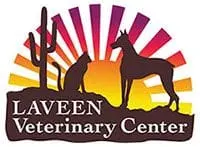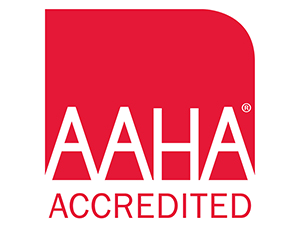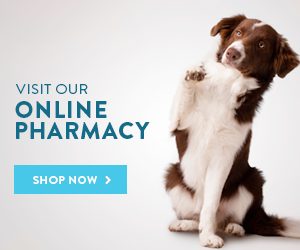
KEEP THIS LIST FOR WHEN YOU NEED IT!!
We all know to childproof our homes to keep young children safe, but what about “pet proofing” our homes too?
The week of March 20-26, 2023 is Pet Poison Prevention Week. Many edible and non-edible dangers for your pet may exist in or around your home. Knowing about these dangers can help you make your home a safer place for your pet.
Edible Dangers
Some food and drink items that you consider tasty treats may be dangerous for your pet. As tempting as it might be to share your food or drink with your four-legged friend, please resist! Some of the more hazardous edible items include:
- Alcoholic drinks and food products containing alcohol
- Avocado (only mildly toxic to dogs and cats, but can be severely toxic, even deadly, to birds, rabbits, horses, and ruminants such as cattle, goats, and sheep)
- Caffeine (found in a lot of drinks such as coffee, tea, soda, and energy drinks)
- Chocolate
- Fatty foods
- Garlic
- Grapes and raisins
- Macadamia nuts
- Marijuana
- Medicine intended for people or another pet, unless directed by your veterinarian (for example, nonsteroidal anti-inflammatory drugs for people, such as aspirin, ibuprofen, and naproxen, may not be right for your pet and may even be harmful; and the common pain reliever acetaminophen is fatal to cats)
- Onions
- Salt
- Tobacco products (including e-cigarettes and their refills)
- Xylitol (a sweetener found in products such as some sugar-free chewing gum, sugar-free candy, cough syrup, mouthwash, and toothpaste)
- Yeast products (like raw bread dough)
- Avocado pits, corn cobs, and bones: While not necessarily toxic, some food items can cause a gastrointestinal obstruction (a blockage in the digestive tract) if your pet swallows them. For example, avocado pits, corn cobs, and bones can get stuck in your pet’s esophagus, stomach, or intestines.
- Fruit pits in the Prunus genus of trees and shrubs, which includes cherries, nectarines, peaches, and plums, contain cyanide, but cyanide poisoning is rare unless your pet eats a lot of pits and chews them up. The pits must be crushed or ground up to release the cyanide. A gastrointestinal obstruction is the bigger risk for dogs and cats that eat these fruit pits.
Non-Edible Dangers
Pets, especially dogs, will often eat non-edible items. Some non-edible items in your house or yard that may be dangerous for your pet include:
- Antifreeze
- Cocoa mulch
- Fabric softener sheets
- Ice melting products
- Insecticides and pesticides (even flea and tick products for dogs can be dangerous, or possibly life-threatening, if used on cats or other animals)
- Lawn fertilizers and weed killers
- Liquid potpourri
- Mothballs
- Paints and solvents
- Rat and mouse bait
- Various household cleaners (including bleach and toilet bowl cleaners)
- Swimming pool chemicals
- Salt dough Christmas tree ornaments and play dough
- Food bags, especially the mylar-type potato chip bags, cereal bags, and snack bags: Dogs are typically more likely than cats to sniff out food bags. These bags are thin enough that if your dog puts his head far enough into one and breathes in, the bag can wrap around his nose and mouth, suffocating him. The more your dog breathes in, the tighter the bag gets around his face. He can’t easily pull the bag off with his paws because it’s tightly stuck to his face, like shrink wrap.


